The AI Privacy Crisis: Over 130,000 LLM Conversations Exposed on Archive.org

What users thought were private AI conversations have become a public data mine, raising urgent questions about digital privacy in the age of artificial intelligence.
The Discovery That Shocked Researchers
In a startling revelation that highlights the hidden privacy risks of AI chatbots, researchers Henk van Ess and Nicolas Deleur have uncovered more than 130,000 conversations with popular AI chatbots—including Claude, ChatGPT, Grok, and others—freely accessible on the Internet Archive. This discovery represents one of the largest unintentional exposures of AI conversation data to date, revealing how users' seemingly private interactions with artificial intelligence can become permanently archived and searchable online.
The investigation began when van Ess and Deleur discovered that conversations users had "shared" from various AI platforms weren't just visible to intended recipients—they were being systematically archived by the Internet Archive's Wayback Machine, creating a vast, searchable database of personal AI interactions spanning everything from innocent queries to deeply sensitive confessions.

How Private Conversations Became Public Records
The ChatGPT Sharing Vulnerability
The most significant exposure came from ChatGPT's sharing feature. When users clicked the "Share" button on their conversations, they often assumed they were creating a temporary link for a friend or colleague. However, this action actually generated a public URL at chatgpt.com/share/[conversation-id] that was indexed by search engines and archived by the Internet Archive.
Initially, shared ChatGPT conversations included a small checkbox labeled "Make this chat discoverable"—a feature that many users either missed or didn't fully understand. Even after OpenAI removed this discoverability option and implemented robots.txt files to prevent future indexing, the damage was already done. Over 100,000 conversations had already been captured and preserved in the Internet Archive.
The Archive.org Factor
Mark Graham, director of the Internet Archive, confirmed to investigators that they had not received any requests from OpenAI to remove the archived ChatGPT conversations. "If OpenAI, the rights holder for material from the domain chatgpt.com, asked for the exclusion of URLs from the URL pattern chatgpt.com we would probably honor that request," Graham stated. However, no such request has been made, leaving thousands of private conversations permanently accessible.
The archived conversations aren't just fragments or links—they're complete, searchable dialogues that include usernames, profile information, and full conversation histories.
What's Being Exposed: A Troubling Picture
Corporate and Legal Vulnerabilities
The exposed conversations reveal a shocking range of sensitive information. Corporate executives have unwittingly shared confidential financial data, upcoming settlement details, and non-public revenue projections. Legal professionals have documented their unpreparedness for court cases, with one conversation showing a lawyer who couldn't even identify which party they were representing.
In one particularly damaging case archived on Archive.org, an Italian-speaking lawyer for a multinational energy corporation detailed their strategy to displace indigenous Amazonian communities—information that could have serious legal and reputational consequences.
Academic Misconduct and Personal Confessions
The archived conversations include numerous instances of academic fraud, with students bragging about submitting AI-generated work as their own. One Persian-language conversation documents a researcher celebrating after successfully submitting an AI-written paper to their professor and receiving a grade, with the user noting they had another professor requesting a similar paper.
More troubling are the personal confessions: apparent insider trading schemes, detailed fraud admissions, evidence of regulatory violations, and deeply personal struggles including domestic violence situations and mental health issues.
Medical and Financial Information
Healthcare professionals have shared detailed patient treatment protocols, including specific medications and dosages. Users have disclosed personal financial information, tax situations, and even discussed plans for tax evasion. The conversations represent a treasure trove of potentially compromising information that could be used for identity theft, blackmail, or other malicious purposes.
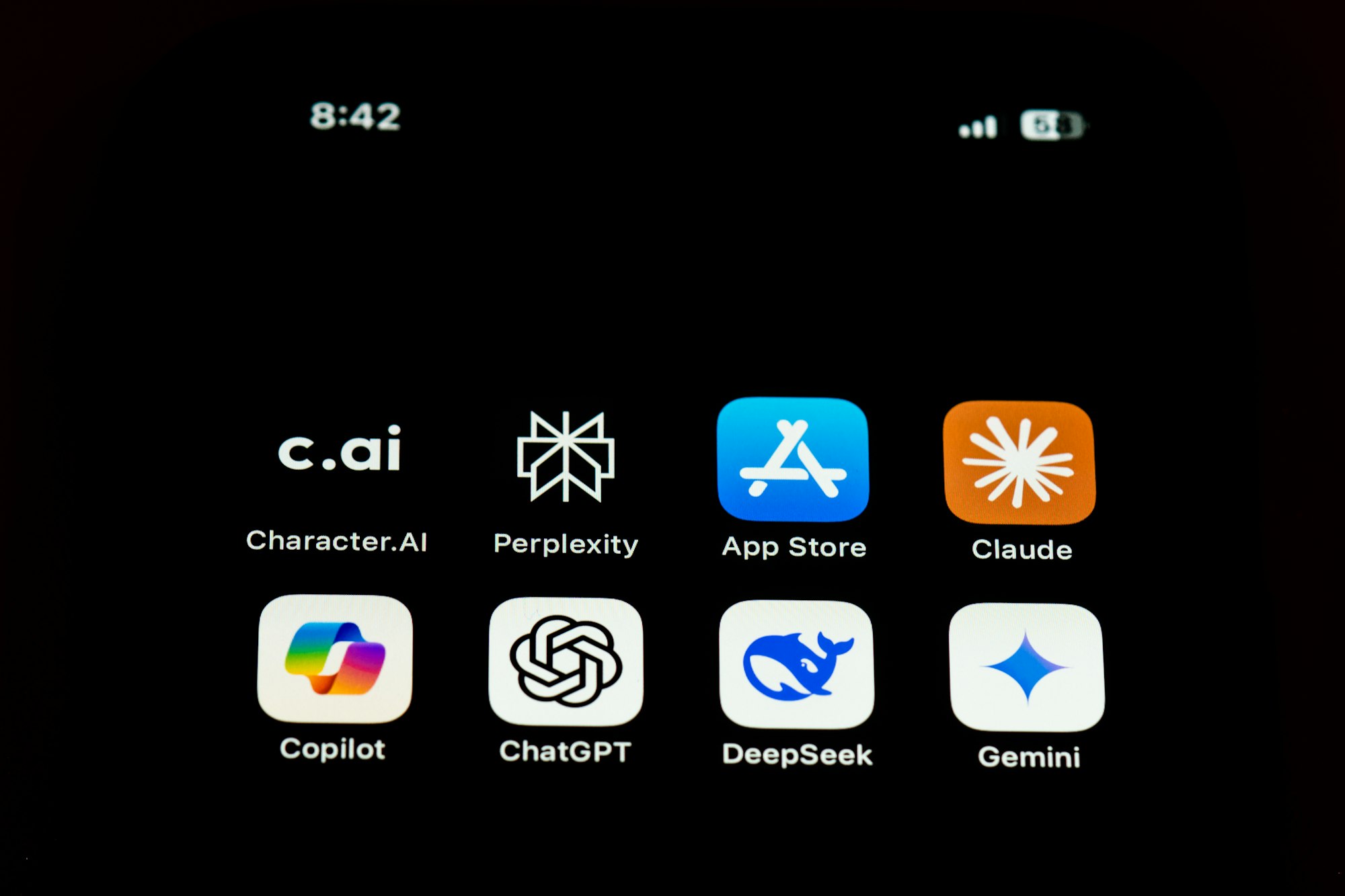
The Multi-Platform Problem
Beyond ChatGPT
While ChatGPT represents the largest exposure, the problem extends to other AI platforms. The researchers found conversations from Claude, Grok, and other LLM services that had been shared or archived through various means. Each platform handles sharing differently:
- Claude conversations typically remain private unless manually copied and shared elsewhere
- Bing Chat, Le Chat, DeepSeek, and Google's Gemini either don't offer public sharing or implement privacy protections that prevent search engine indexing
- Meta AI has created its own privacy disaster with a "Discover" feed that makes user conversations public by default in many cases
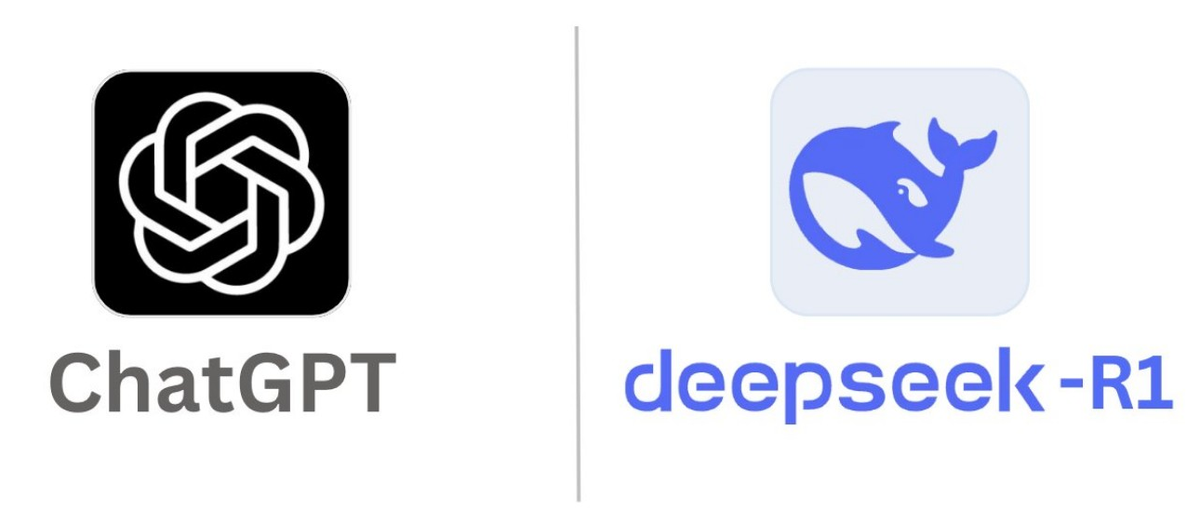
The Meta AI Disaster
Meta's AI app, launched in April 2025, has created its own privacy crisis with a "Discover" feed where users can share their AI conversations publicly. The feature has resulted in users inadvertently broadcasting personal questions about relationships, tax issues, medical concerns, and other sensitive topics. Unlike other platforms, Meta's implementation makes it particularly easy for users to accidentally share private conversations without understanding the public nature of their posts.
The Technical Reality: Why This Happened
Design Flaws and User Experience Issues
The fundamental problem lies in the design of sharing features that prioritize convenience over privacy awareness. Most users don't understand that clicking "Share" on an AI conversation creates a permanent, publicly accessible URL that search engines can index and archive services can preserve.
The user interface design of many AI platforms fails to clearly communicate the public nature of shared content. Small checkboxes, buried privacy settings, and unclear terminology all contribute to users inadvertently making private conversations public.
The Persistence Problem
Even when companies fix privacy issues, the internet's fundamental architecture means that previously exposed data remains accessible. The Internet Archive operates on the principle of preserving digital information, creating a permanent record that persists even after original URLs are removed or privacy settings are changed.
Industry Response and Implications
OpenAI's Reaction
After the initial exposure was reported, OpenAI quickly removed the discoverability feature and implemented technical measures to prevent future indexing of shared conversations. However, the company has not requested removal of the already-archived conversations from the Internet Archive, leaving thousands of private dialogues permanently accessible.
The company's response highlights the reactive rather than proactive approach many AI companies have taken to privacy and security concerns.
Broader Privacy Concerns
This incident represents a microcosm of larger privacy issues in the AI industry:
- Default Data Collection: Most AI platforms collect and use conversation data for training unless users explicitly opt out
- Unclear Privacy Policies: Complex terms of service and privacy policies that users rarely read or understand
- Data Permanence: The difficulty of truly deleting digital information once it has been shared or archived
- Scale of Exposure: With hundreds of millions of people using AI chatbots, even small privacy failures can affect massive numbers of users
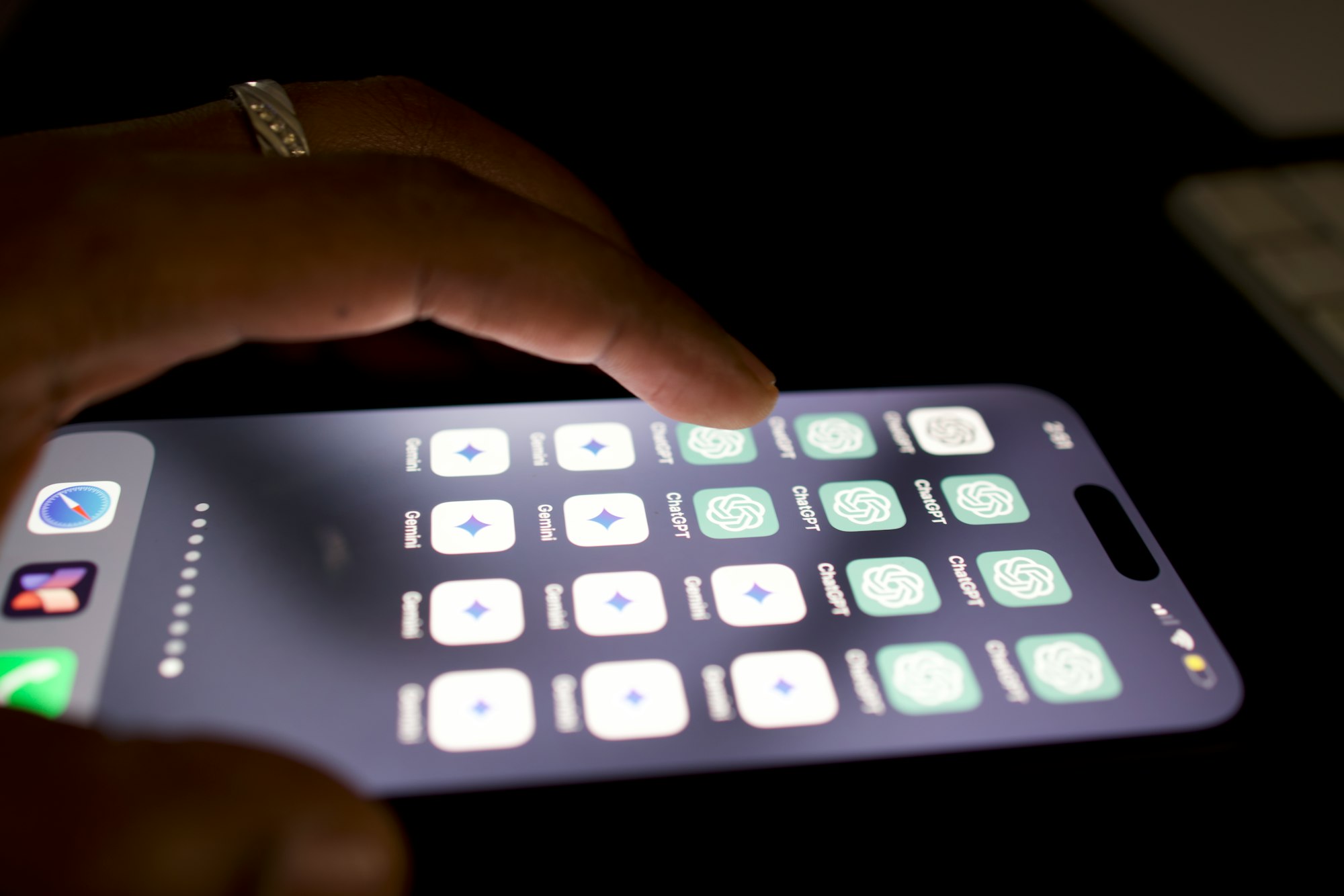
What Users Can Do: Protecting Yourself
Immediate Actions
- Review Privacy Settings: Check your privacy settings on all AI platforms and opt out of data sharing where possible
- Audit Shared Conversations: Review any conversations you've previously shared and consider requesting their removal
- Assume Permanence: Treat any interaction with AI services as potentially permanent and public
- Use Private Alternatives: Consider using AI services that prioritize privacy and don't offer public sharing features
Best Practices for AI Interactions
- Never share sensitive personal, financial, or business information with AI chatbots
- Be aware that companies may use your conversations for training their AI models
- Understand that even "private" conversations may be accessible to the platform provider
- Consider using local AI models for truly sensitive interactions
The Regulatory Response Gap
Lack of Oversight
The incident highlights the absence of comprehensive regulations governing AI privacy and data protection. While the EU's GDPR and California's CCPA provide some protections, they don't specifically address the unique privacy challenges posed by conversational AI.
Congressional Considerations
Ironically, as this privacy crisis unfolds, Congress is considering legislation that would roll back state AI laws and prohibit new state regulations for the next decade. Privacy advocates argue this would leave users even more vulnerable to AI-related privacy violations.
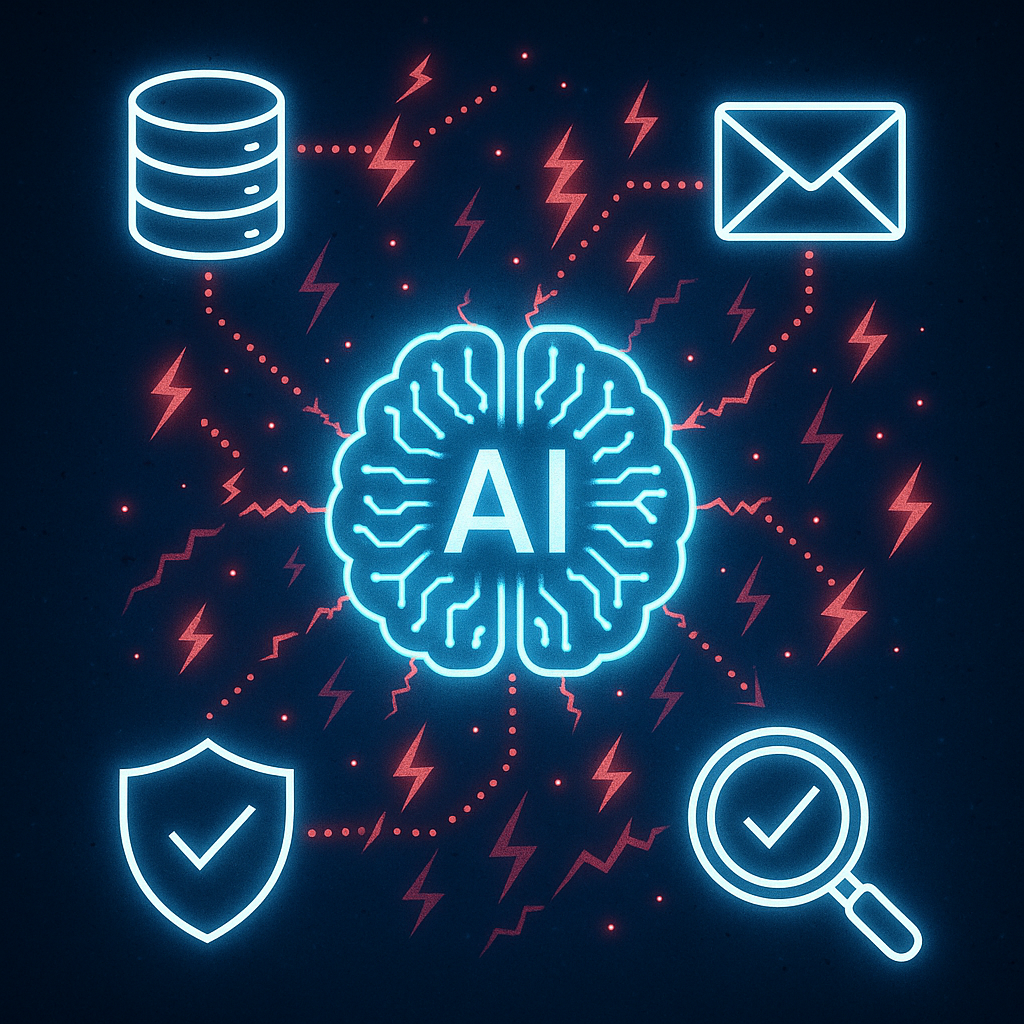
Looking Forward: Lessons Learned
For AI Companies
This incident should serve as a wake-up call for AI companies to:
- Implement privacy-by-design principles from the start
- Make privacy settings clear and prominent
- Default to the most private settings possible
- Proactively address potential privacy vulnerabilities
For Users
The exposure of 130,000+ AI conversations demonstrates that users must:
- Approach AI interactions with heightened privacy awareness
- Understand that convenience features often come with privacy trade-offs
- Take responsibility for understanding the platforms they use
- Advocate for stronger privacy protections
For Regulators
The incident highlights the need for:
- Comprehensive AI privacy legislation
- Clear requirements for user consent and data handling
- Mandatory privacy impact assessments for AI products
- Stronger penalties for privacy violations
Conclusion: The New Reality of AI Privacy
The discovery of over 130,000 exposed AI conversations on Archive.org represents more than just a technical glitch or user error—it's a fundamental failure of the current approach to AI privacy and user protection. As AI becomes increasingly integrated into our daily lives, the stakes for getting privacy right continue to grow.
This incident serves as a stark reminder that in the age of AI, there's no such thing as a truly private digital conversation unless users take active steps to protect themselves. The convenience of AI chatbots comes with real privacy costs, and both companies and users must grapple with this new reality.
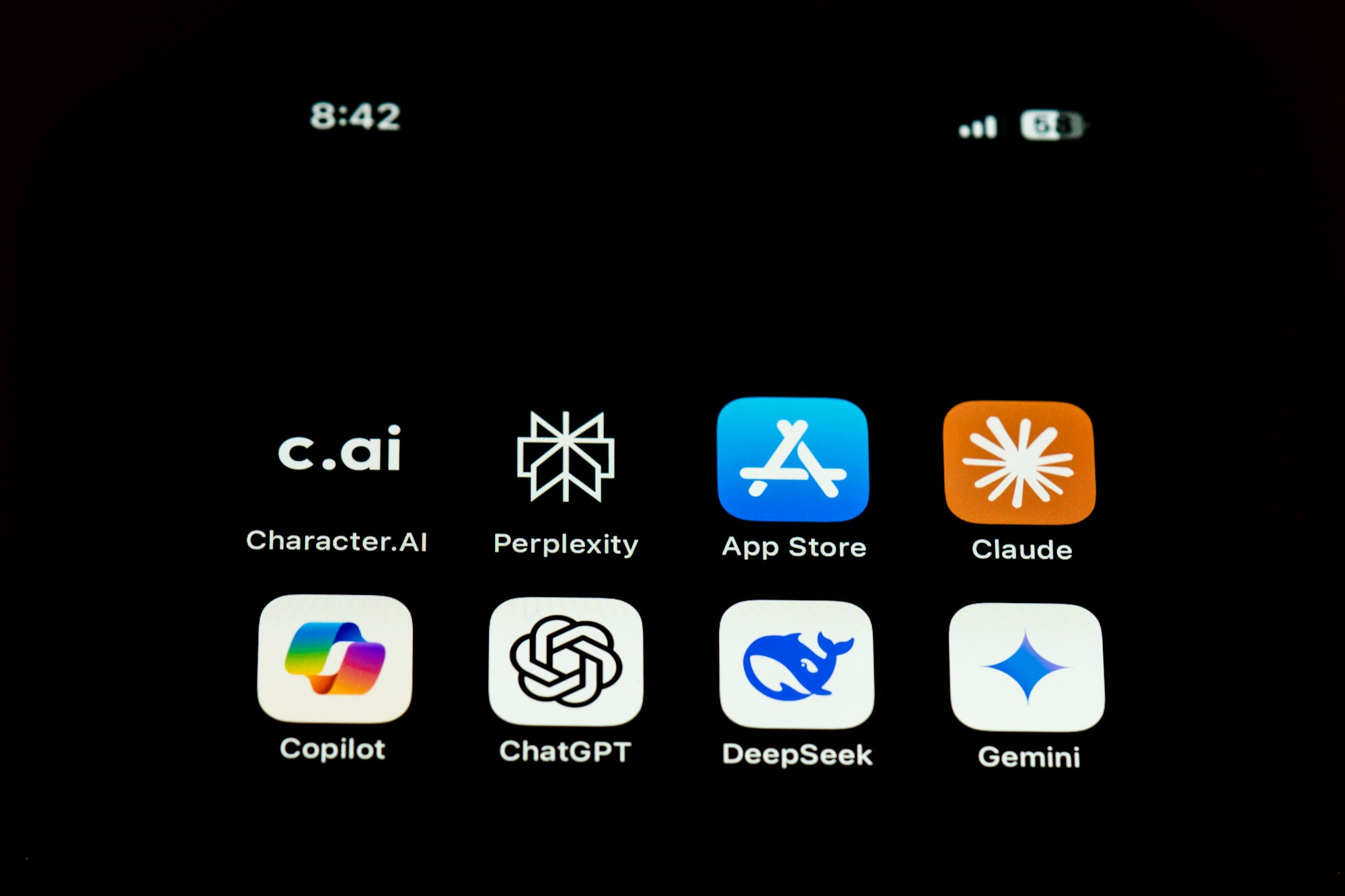
For the hundreds of people whose private conversations are now permanently archived and searchable, this discovery may be too late. But for the millions of others using AI services, it's a crucial warning: in the digital age, privacy isn't just about what you choose to share—it's about understanding what you might inadvertently be sharing without even knowing it.
The AI revolution has brought incredible capabilities to our fingertips, but it has also created new vulnerabilities that we're only beginning to understand. The 130,000 exposed conversations are just the tip of the iceberg, representing a much larger challenge about how we protect privacy and human dignity in an age of artificial intelligence.











